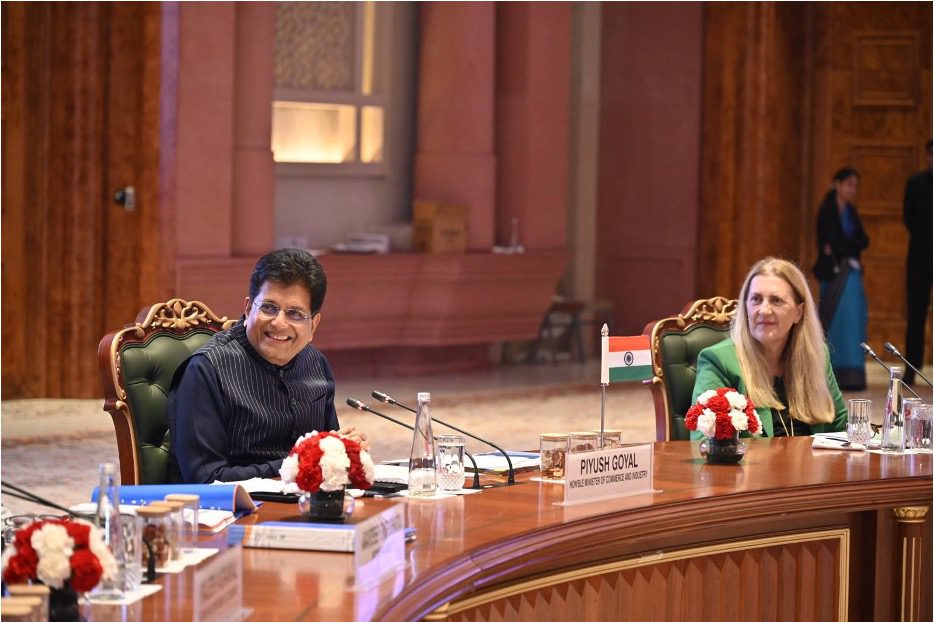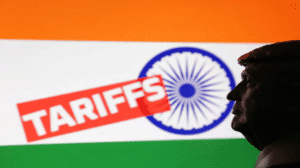
India’s Trade Diversification Gains Steam as EFTA Agreement Takes Effect

The BGA India team, led by Managing Director Anuj Gupta, wrote an update to clients on the India-European Free Trade Association (EFTA) Trade and Economic Partnership Agreement (TEPA).
Context
- The India-European Free Trade Association (EFTA) Trade and Economic Partnership Agreement (TEPA) came into force October 1. Signed March 10, 2024, TEPA is India’s first agreement with the EFTA, comprising Switzerland, Norway, Liechtenstein and Iceland.
- A key component of TEPA is leveraging the complementary economic strengths of the two sides by securing binding commitments of $100 billion in foreign direct investment to India from the EFTA while enhancing India’s market access to EFTA commodities over a 15-year period. The agreement is viewed as the first free trade agreement with a legal commitment to promote target-oriented investments and facilitate job creation in India.
- With TEPA in effect, free trade agreements signed with the United Kingdom in July 2025 and expected with the European Union (EU) by December 2025, India aims to accelerate its trade ties with all three major European trade blocs.
Significance
- EFTA provides duty-free access to 99.6 percent of India’s exports covering 92 percent of tariff lines, and India has offered duty concessions on 95 percent of EFTA exports covering almost 83 percent of tariff lines. Imports into India from sensitive sectors like pharmaceuticals, medical devices, processed food, dairy, soya and other sensitive agricultural products are excluded.
- TEPA’s commitment to bring an additional $100 billion of foreign direct investment into India in the next 15 years is expected to create 1 million jobs; EFTA has $12 billion in foreign direct investment as of this year, of which $10.7 billion is from Switzerland. The free trade agreement is expected to encourage EFTA’s private companies to diversify their manufacturing bases, strengthen supply chains, promote technology collaboration and leverage India’s talent pool. Emerging investment details can be found in Table 3 of the annex below.
- The government will likely use some aspects of TEPA during its ongoing free trade agreement negotiations, such as the one with the EU. India could adopt a unique approach of providing greater market access in return for commitments on foreign investment and job creation while addressing concerns regarding sensitive sectors.
Implications
- TEPA’s $100 billion investment commitments breathe new life into India’s aspirations to emerge as a key manufacturing destination at a time when tariffs have brought uncertainty to global corporations looking to diversify investments and build secure supply chains.
- TEPA’s commencement is an important step toward enhancing India’s economic integration with Europe and the West,opening India’s lucrative market for EFTA products while enhancing Indian merchandise exports and providing newer opportunities for Indian services companies.
- Businesses can expect to see increased interest from companies within the EFTA to invest in India across sectors such as engineering and machinery, shipping and logistics, food processing, chemicals, pharmaceuticals and banking and financial services.
- BGA recommends that companies proactively leverage the upcoming India opportunities outlined and look at joint ventures or partnerships with EFTA companies across market entry or expansion strategies. Multiple companies within the EFTA will also likely set up subsidiaries to manufacture or channel their products in India.
We will continue to keep you updated on developments. If you have any comments or questions, please contact BGA India Managing Director Anuj Gupta at agupta@bowergroupasia.com.
Best regards,
BGA India Team

Anuj Gupta
Managing Director
Anuj is a distinguished policy leader and strategist who has played a catalytic role across India’s government and private sector, guiding stakeholders through the country’s complex and evolving policy and investment landscape. As BGA’s India practice leader, he helps clients leverage the country’s rapid economic growth to advance their goals and strategies. Anuj previously led public policy efforts for the Tata Group, India’s largest business conglomerate, where he advised more than 30 group companies on policy affairs strategy. His interventions directly influenced high-stakes outcomes across diverse sectors, including technology, finance and manufacturing. Anuj spent a decade in the Indian and Abu Dhabi governments, where he ... Read More
×
























